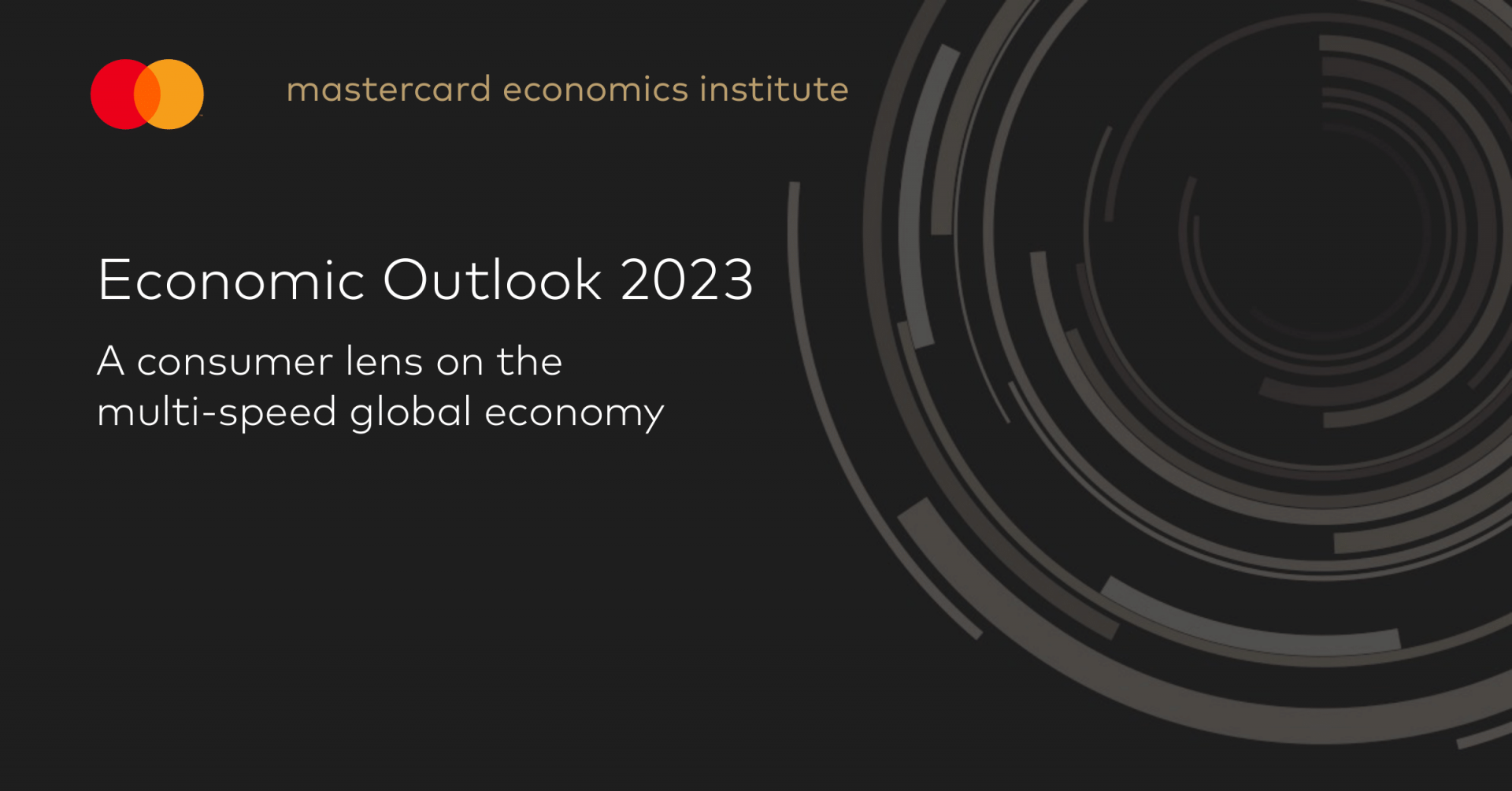Mastercard reveals Economic Outlook 2023
 |
“Economic Outlook 2023” draws on a multitude of public and proprietary data sets, as well as models that are intended to estimate economic activity. The report explores four themes that will continue to shape the global economic environment— high interest rates and housing, trading down and shopping around, prices and preferences, and shocks and omnichannel.
After years of a housing boom, higher interest rates are expected to squeeze cost of living budgets, shifting the way consumers spend broadly. In major developed countries, it is expected that housing-related spending as a share of goods to fall an estimated 4.5 per cent over the course of 2023, below pre-pandemic levels.
In the United Kingdom, housing related share of spend decreased by 1.4 percentage points in 2022 versus 2019. Meanwhile, in Thailand, housing related share of spend decreased by 1.5 percentage points in 2022 versus 2019.
Broad spending should remain resilient in the face of inflation, with consumers choosing wallet-friendly brands and chasing the best value. Globally, grocery shoppers made 31 per cent more trips to the store this year compared to 2019 – partially to reduce food waste – while their average spend per visit is roughly 9 per cent lower.
As of September 2022, consumers in Germany increases their grocery shopping trips by 23.1 per cent compared to September 2019 but spent 14.5 per cent less per visit. Meanwhile, as of September 2022, consumers in Indonesia increased their grocery shopping trips by 35 per cent compared to September 2019 but spent 3.1 per cent less per visit.
As food and energy costs eat up a greater share of the consumer budget, lower-income households will feel an especially strong pinch. From 2019 to 2022, there has been discretionary spending by high income households grow nearly 2x as fast as lower-income households. However, much of this gap will diminish with the normalisation in inflation. The Economics Institute expect inflationary pressure to ease next year, with the average inflation rate of developed economies falling from 7.1 per cent on-year in Q4/2022 to 3.1 per cent on-year in Q4/2023.
In Vietnam from 2019 to 2022, discretionary spending for affluent cardholders grew 124.9 per cent while discretionary spending for non-affluent cardholders grew 43.3 per cent
Businesses with an omnichannel presence are likelier to withstand shocks by meeting the customer where they want to shop. Analysis suggests that having a multichannel presence provided 6-percentage point lift in retail sector sales through 2022.
Small and large restaurants were saved from losing an additional 31 per cent of sales during the height of lockdowns with their omnichannel presence. Similarly, small omnichannel clothing stores outperformed online-only and brick-and-mortar-only firms, growing 10 per cent and 26 per cent faster, respectively.
 | The next frontier in delivering great customer experiences COVID-19 has tremendously changed how businesses and consumers interact with each other. For both, digital-first has become a norm and a necessity. As we emerge from the pandemic, it’s time to reflect on the most important changes we have witnessed, the key lessons learned, and understand how businesses can adapt to the new normal. |
 | Mastercard offers new range of benefits and experiences for affluent consumers in Vietnam As consumers increasingly turn to online channels for their everyday purchases, the value propositions on their World and World Elite cards are evolving to derive maximum value. |
 | Small business support programmes need to deliver in the wake of the pandemic While not yet through the darkness, greater access to vaccines and better treatments illuminate a future without a crippling global health pandemic, says Winnie Wong, Mastercard country manager for Vietnam, Cambodia, and Laos. |
What the stars mean:
★ Poor ★ ★ Promising ★★★ Good ★★★★ Very good ★★★★★ Exceptional
Related Contents
Latest News
More News
- Russian President congratulates Vietnamese Party leader during phone talks (January 25, 2026 | 09:58)
- Worldwide congratulations underscore confidence in Vietnam’s 14th Party Congress (January 23, 2026 | 09:02)
- Political parties, organisations, int’l friends send congratulations to 14th National Party Congress (January 22, 2026 | 09:33)
- 14th National Party Congress: Japanese media highlight Vietnam’s growth targets (January 21, 2026 | 09:46)
- 14th National Party Congress: Driving force for Vietnam to continue renewal, innovation, breakthroughs (January 21, 2026 | 09:42)
- Vietnam remains spiritual support for progressive forces: Colombian party leader (January 21, 2026 | 08:00)
- Int'l media provides large coverage of 14th National Party Congress's first working day (January 20, 2026 | 09:09)
- Vietnamese firms win top honours at ASEAN Digital Awards (January 16, 2026 | 16:45)
- ASEAN Digital Ministers' Meeting opens in Hanoi (January 15, 2026 | 15:33)
- ASEAN economies move up the global chip value chain (December 09, 2025 | 13:32)

 Tag:
Tag:




















 Mobile Version
Mobile Version